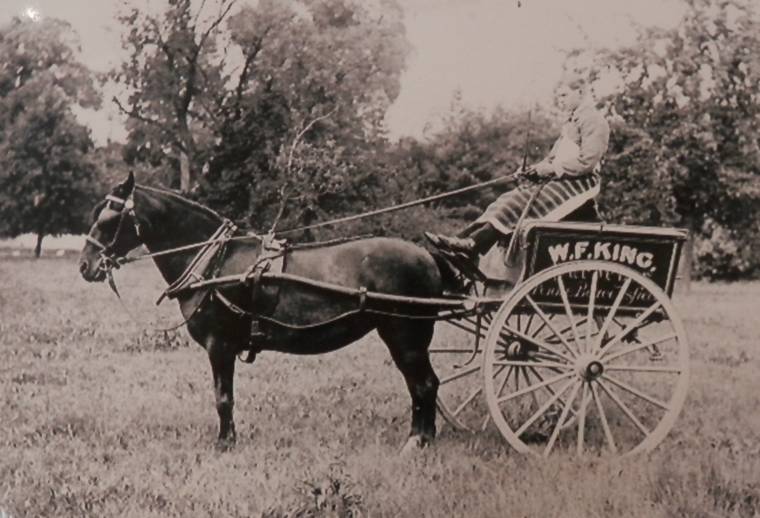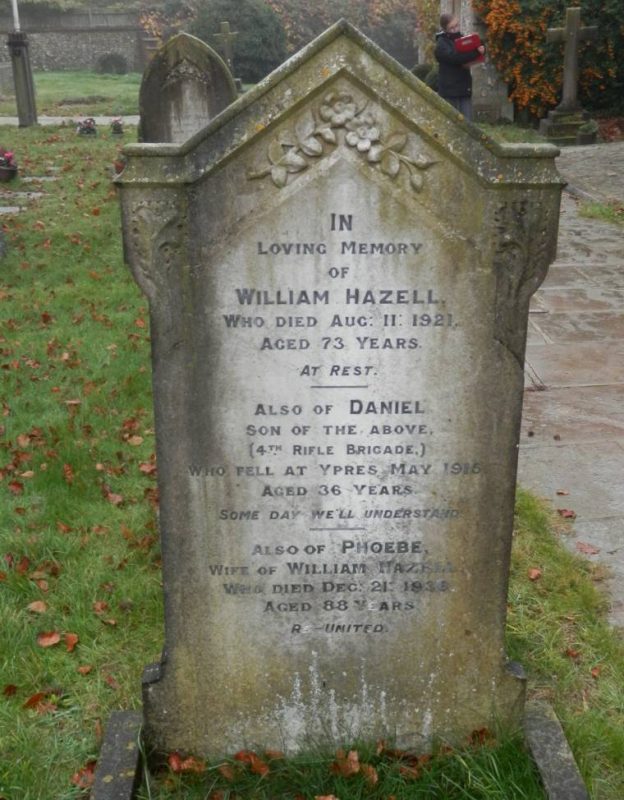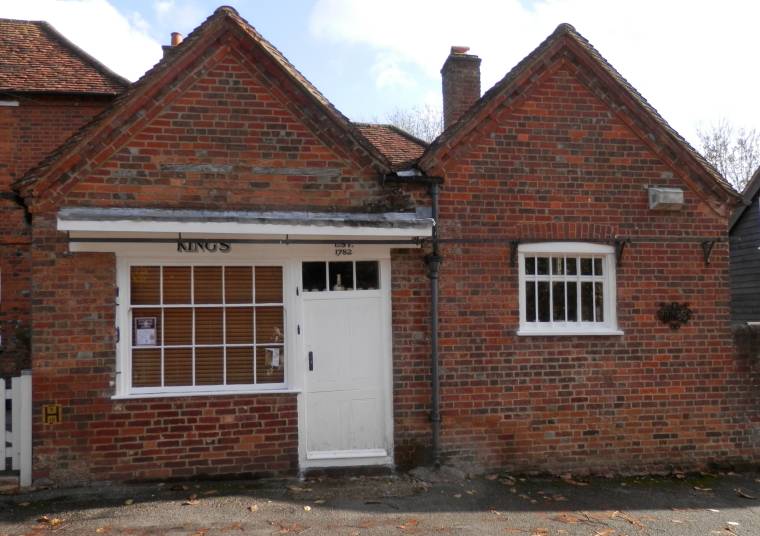For 18 months Harold Bond was our organist. I want to start by praising him because, in spite of all his faults, difficulties and shortcomings, he was never absent, never late during the whole of that time.
He and his somewhat insignificant wife and his daughter Cynthia, lived in Beaconsfield and he had a small jewellers shop in the Old Town along the London Road.
His physical bulk was considerable and his weight hardly to be guessed at. In spite of this. in fair weather or foul, Sunday by Sunday, he would bicycle backwards and forwards to Tylers Green, arriving there with the perspiration streaming down his face. And because of that, and alas on account of a certain weakness which he had for “the bottle” his near presence was anything but desirable.
He taught in the Sunday School but his good natured and somewhat comical appearance gave him no authority over his class or with the Choir Boys. The Vicar rang me up one evening after a Choir Practice and asked me to take him home in my car as the weather was so bad. I had a boys Bible Class that evening and offered 3 or 4 of the boys a joy ride. They all squeezed into the back of the car and there was a very perceptible “dip” when Mr Bond climbed in the front. We drove down to Beaconsfield where Mr Bond suggested that I put him down at the corner to save myself having to turn into the main road. As we were driving away one of the boys chanced to look back and saw him creeping stealthily into the Bar of the White Hart Inn. It was this craving which brought about his downfall. To help him financially (the organist’s salary was only £20) we Church people used to give him our clocks and watches to mend. As time went on, it became increasingly difficult to get them back from him. Yes – it wasn’t quite right – he would keep it just a little longer – and so it went on.
Then one day we heard he had been arrested. Most of the articles were eventually redeemed from Pawn by tickets found in his pockets. I have a valuable carriage clock which was so rescued after having been in a London Pawn Shop for about 3 months.
In his case, it was misfortune or weakness rather than crime, for his was a kindly guileless nature and it was hoped that his time in jail, he got 6 months – would effect a cure. I think every single one of us was sorry for the old man.



